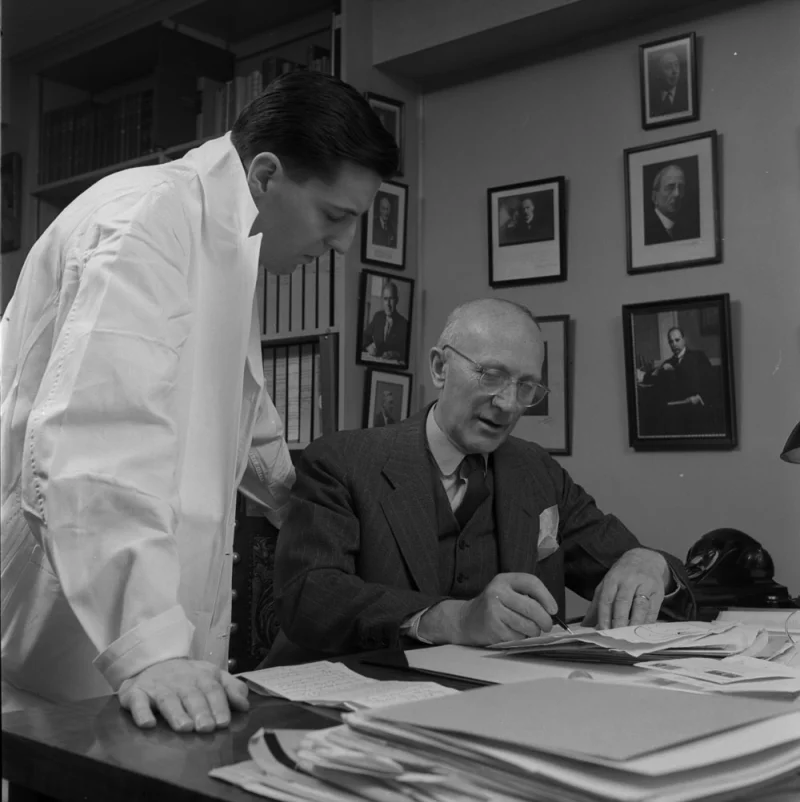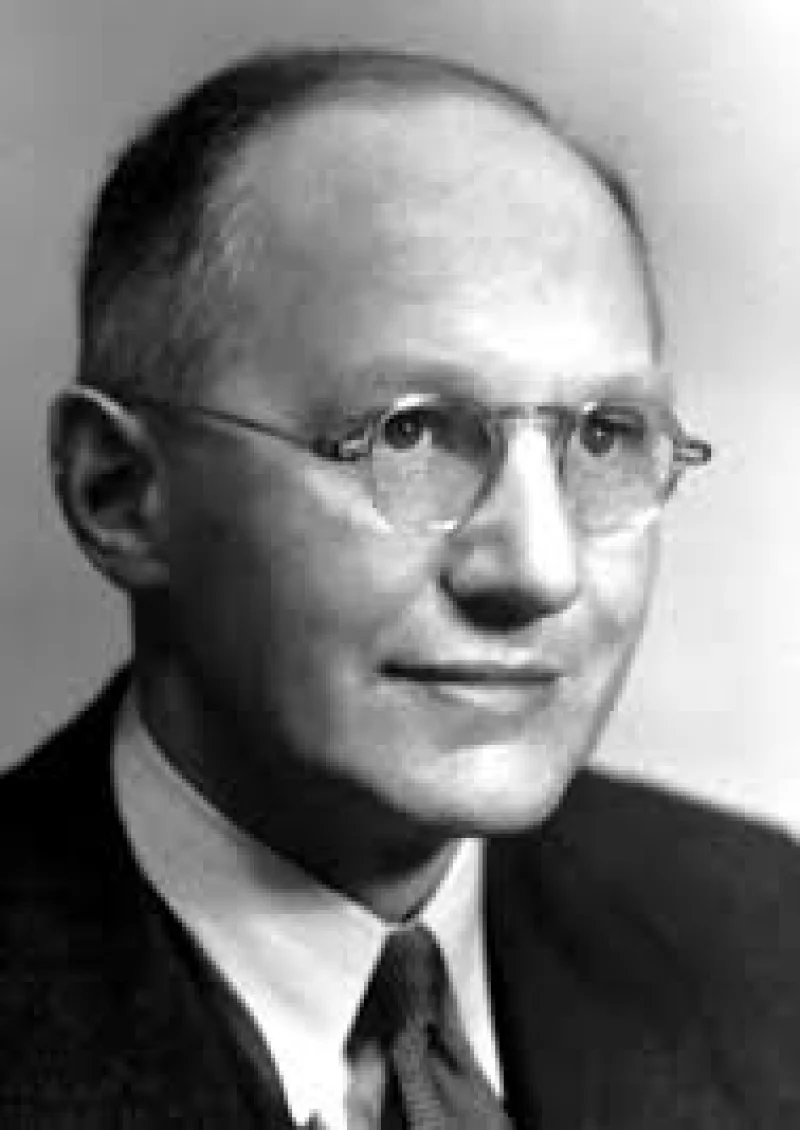Short Summary
Antoine Lavoisier was a pioneering French chemist best known for his significant contributions to the chemical revolution of the 18th century. He is famously credited with establishing the law of conservation of mass, refuting the phlogiston theory, and helping to develop a systematic chemical nomenclature. His work laid the foundations for modern chemistry and earned him the title of the "Father of Modern Chemistry."
Early Life & Education
Antoine-Laurent de Lavoisier was born on August 26, 1743, in Paris, France, into a wealthy family. His father was an attorney at the Parlement of Paris, and his mother died when he was five years old, leaving him a considerable inheritance. Lavoisier attended the Collège des Quatre-Nations (also known as the Collège Mazarin), where he studied a wide array of subjects including mathematics, astronomy, and botany. In 1763, he earned a law degree; however, his passion for science led him to pursue studies in chemistry, geology, and biology under prominent scientists of the time, such as Guillaume-François Rouelle.
Career Highlights
Lavoisier's career was marked by significant achievements in both scientific and public service domains. In 1768, he became a member of the French Academy of Sciences, where he conducted groundbreaking experiments. He played a crucial role in the Gunpowder Commission, significantly improving the production of gunpowder in France. Lavoisier's work in chemistry led to the refutation of the phlogiston theory. He meticulously demonstrated that combustion and respiration are processes involving the combination of a substance with oxygen. His most influential publication, "Traité élémentaire de chimie" (Elementary Treatise on Chemistry), was released in 1789 and laid the foundation for modern chemical nomenclature.
Major Achievements
- Established the law of conservation of mass, demonstrating that mass is neither created nor destroyed in chemical reactions.
- Refuted the phlogiston theory by discovering the role of oxygen in combustion.
- Co-authored the "Méthode de nomenclature chimique," which standardized chemical terminology.
- Introduced a systematic method for naming chemical compounds, which is still in use today.
- Played a key role in the Gunpowder Commission, enhancing the quality and production of gunpowder in France.
Famous Quotes
- "Nothing is lost, nothing is created, everything is transformed."
- "We must trust to nothing but facts: These are presented to us by Nature, and cannot deceive."
Interesting Facts
- Lavoisier was executed by guillotine during the French Revolution in 1794.
- He was married to Marie-Anne Pierrette Paulze, who assisted him in his research and translated English scientific texts into French.
- Lavoisier was also involved in tax collection, which contributed to his downfall during the Revolution.
- He predicted the existence of silicon before it was discovered.
- His work in chemistry was largely ignored by some contemporaries due to his political affiliations.
Legacy / Influence
Antoine Lavoisier's contributions to the field of chemistry have had an enduring impact. By establishing the law of conservation of mass and introducing a systematic chemical nomenclature, he paved the way for future scientific research and education. His methods and principles continue to be foundational in chemistry, and his legacy as the "Father of Modern Chemistry" remains unchallenged in the scientific community.
FAQ
Q: Why is Antoine Lavoisier famous?
A: He is famous for founding modern chemistry and establishing the law of conservation of mass.
Q: What did Lavoisier discover about combustion?
A: He discovered that combustion involves the combination of a substance with oxygen, disproving the phlogiston theory.
Q: How did Lavoisier die?
A: He was executed by guillotine during the French Revolution in 1794.
Q: What was Lavoisier's role in the Gunpowder Commission?
A: He improved the quality and production of gunpowder in France, ensuring its effectiveness.













